Setting Up An Accounting Book For Your BusinessIf you’re a new small business owner, one of the few challenges you will first encounter is managing the business’ accounting operations which means recording transactions, creating invoices, and preparing to draw up financial statements. Things like this can be hard but it’s definitely not something that you can overlook as it can be detrimental to your business’ performance. To help you get through this, our team at M.A.S Partners will let you in on the seven basic steps of setting up an accounting book for your business so you’re off to a good start:
Choose An Accounting Method
For starters, there are three accounting methods that you can choose from cash-basis, accrual, and modified cash basis. Each is very different and varies based on the knowledge that you may need and the time you have to put into them. So before anything, make sure you understand the advantages and disadvantages of each and see which method is most suited to your business.
How Will You Record Your Transactions?
Will you be using the old pen and paper method, an accounting software, or hiring a business accountant to take care of all your accounting tasks? Like the methods, there is no right or wrong choice so weigh up your options carefully.
Having A Chart Of Accounts
A chart of accounts refers to your assets, liabilities, equity, account receivables, and account liabilities. Listing all these and categorising them accordingly, would make your life a lot easier when it comes to preparing your financial statements. So, start now better you need to have sleepless nights over it trying to decipher which transactions belong to which chart of accounts.
Your Business Is Not You
For the most part, your business is a separate entity from you so it’s not ideal that if you’re going to open a business you have the transactions going in and out of your bank account. We highly recommend that you open up your business account as it’ll be easier to manage your finances.
Recording Your Expenses
While it is hard to keep evidence of what you have spent, it is important to do so as it allows you to track your expenses and keep your books in order. This is also beneficial around tax time when you’re trying to claim things back as you’ll have the receipts, invoices, and bills as evidence that you spent it on those things.
Looking For A Part-Time Professional Accountant For Your Small Business?
Who said that because you’re a small business you should be handling everything on your own? Definitely not us. Having a business accountant to handle your financial tasks is a wise investment as it means you can focus on running your business to the best of your ability - even if it is just a part-time accountant. M.A.S Partners is a specific accounting firm for small businesses in Sydney dedicated to helping businesses like yours. So if you are a local business and would like to speak with our team about the services we offer and what we can do for you, call us at (02) 9211 5000. |




